Stellantis has signed a non-binding memorandum of understanding (MoU) with Chinese battery manufacturer CATL for the local supply of lithium-iron-phosphate (LFP) battery cells and modules to power the carmaker’s European EV production.
The two firms are also considering the possibility of forming a 50/50 joint venture to identify further opportunities to strengthen the local battery value chain.
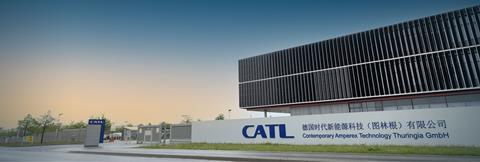
Carlos Tavares, CEO, Stellantis said the MoU is another ingredient in the carmaker’s strategy to “protect freedom of mobility for the European middle class”.
Featuring a long service life and high thermal stability, LFP technology can enable Stellantis to offer high-quality, durable and affordable EVs across passenger cars, crossovers and SUVs. The LFP batteries tend to be cheaper than lithium-ion batteries, as LFPs don’t require cobalt, which is often an expensive material. LFPs also have a longer battery lifespan, lasting four to five times longer than lithium ion batteries. The phosphate batteries are also considerably lighter than lithium-ion batteries, which greatly affects performance.
Tavares added: “CATL is the industry leader in this sector and together with our iconic vehicle brands, we will bring innovative and accessible battery technology to our customers while helping us achieve our carbon net zero ambition by 2038.”
CATL has been teaming up with carmakers such as Toyota, Mercedes-Benz and Honda in recent years to supply both LFP and lithium-ion batteries to the OEMs. Robin Zeng, chairman and general manager, CATL said the partnership will be “a decisive step on both parties’ journey towards carbon neutrality goals”. He added: “We will remain dedicated to delivering more competitive and sustainable solutions for our partners to promote global energy transition.”
As part of its Dare Forward 2030 strategic plan, Stellantis aims to reach a 100% passenger BEV sales mix in Europe and a 50% passenger car and light-duty truck BEV sales mix in the US by 2030. The carmaker assembled a workforce for its Circular Economy Hub in Italy earlier this year, officially launching the manufacturing and recycling centre this week. Last month the OEM signed an MoU with Orano to form a joint venture for the recycling of end-of-life EV batteries and scrap from gigafactories.


























![Global[1]](https://d3n5uof8vony13.cloudfront.net/Pictures/web/a/d/s/global1_726550.svgz)




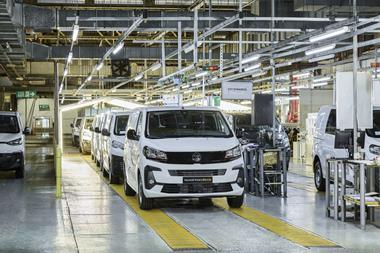
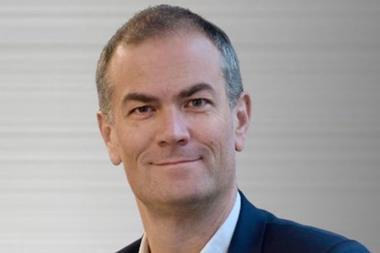
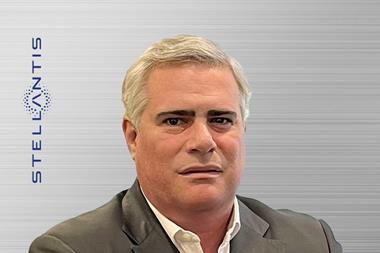
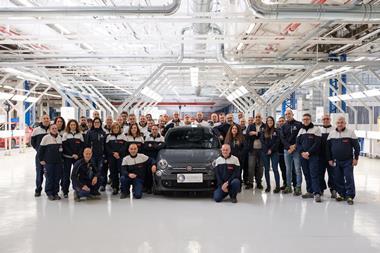
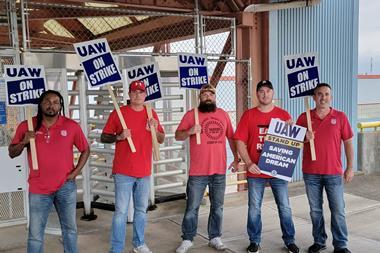
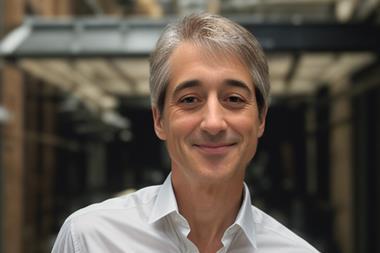



No comments yet